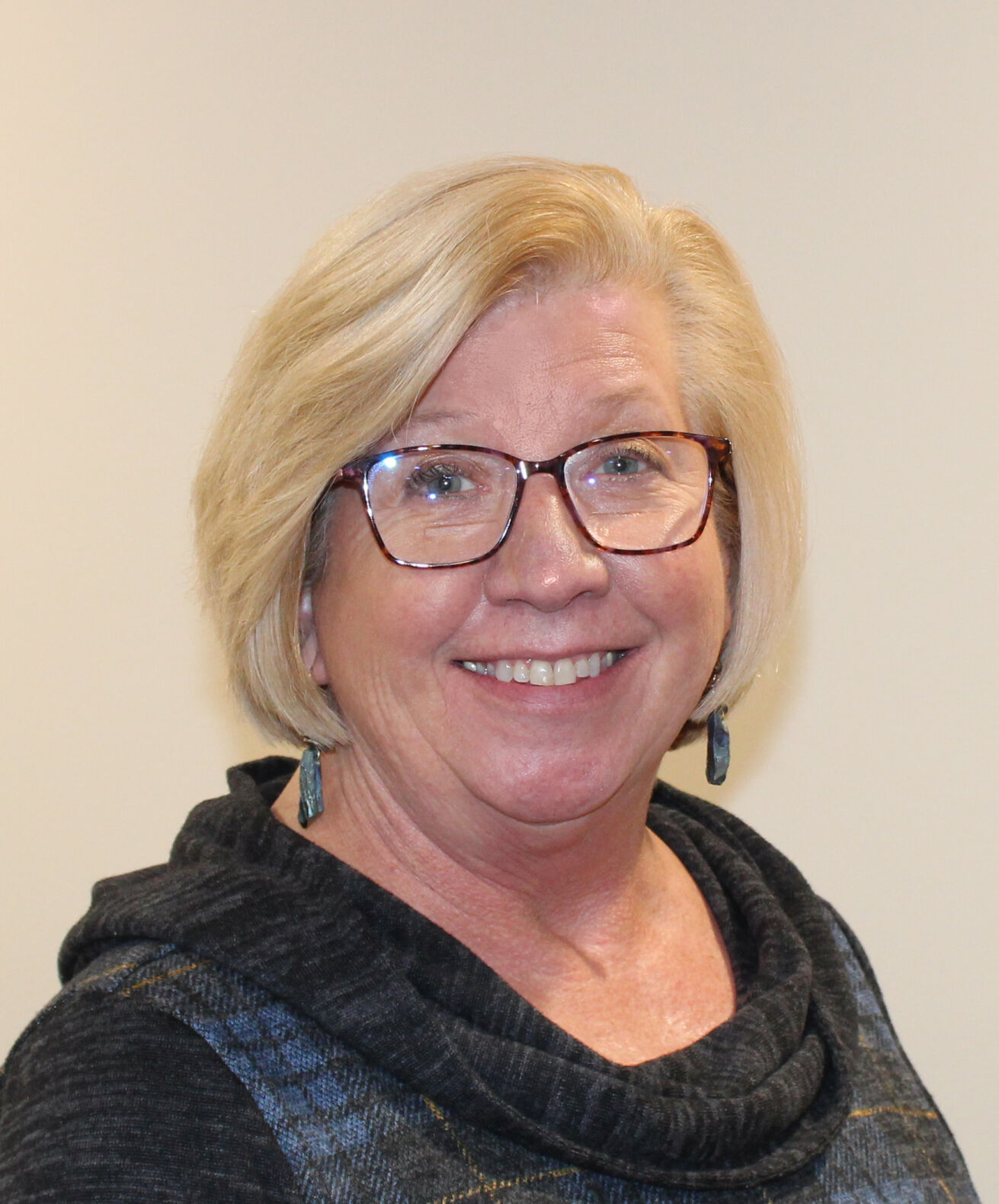The last I knew, we all age.
Why do we find ourselves thinking of aging in a way where every added year means we are closer to health decline, more frailty and less mobility? These thoughts don’t enter our heads until later in adulthood.
As teenagers, we embrace every birthday as getting us closer to more opportunities to expand ourselves, more privileges, more freedom and enhanced relationships with others. It is natural for our perspective to change, but it doesn’t have to be a negative change.
If we see aging in every decade of our lives as only a loss of health or potential rather than a dynamic process allowing us to accumulate experiences, insights and wisdom, then we allow ourselves to get stuck in the mindset and bias of “ageism” — discrimination of others on the basis of their age. This bias begins in early childhood and grows during our lifetime as we are exposed to negative messages about older people.
Thanks to the advertising and entertainment industries, older people are portrayed as forgetful, grouchy or ill. Our capitalist American culture tends to value productivity and independence. These messages and values mold our beliefs and judgments and could eventually lead to our bias regarding aging. We can change this with intergenerational conversation and education. After all, isn’t it about living life to its fullest?
Let us get out of the divisive dichotomy of “old” vs. “young.” Sharing our perspectives shifts our attitudes about age and people of different ages. It starts with awareness. Think about how a small shift in vocabulary can change an entire message.
Instead of, “You look good for your age,” why not just say, “You look good?” How about when we put the word “still” in front of a verb. “Oh, you’re still working?” Am I considered an outlier working at the age of 63? Why is it surprising that I continue to find meaning and purpose in my role? Let’s just drop the “still.”
In addition, the words senior and elderly can reinforce negative stereotypes. Replace these words with older adult. “Older” is more neutral and factual (we are all older than someone). Changing the vocabulary can lessen the negative connotation, take out the bias, be more respectful and bring value to a conversation.
Organizations across the country who serve older adults, including Stonehill Communities, have been engaged in changing the narrative around aging. This is put into practice in marketing materials, social media posts and the way we talk to each other and those we serve. When sharing information about services, instead of using words that imply dependency or disability like facility or institution, we use the word community to describe our campus. We describe our skilled nursing center as a health center, not a nursing home. We recognize that it is our privilege to serve the residents and assist them as they continue to lead fulfilling lives.
Through conversations, we understand what matters to them. Their right of self-determination and choice has and always will be honored. This drives person-centered services that preserve the dignity of each individual.
All of us have the ability to influence those around us and promote a culture of respect. Let us take this as a chance to reframe our views on aging and lead ourselves with curiosity, grace and an outlook that welcomes the opportunities before us. Be bolder, claim older.


